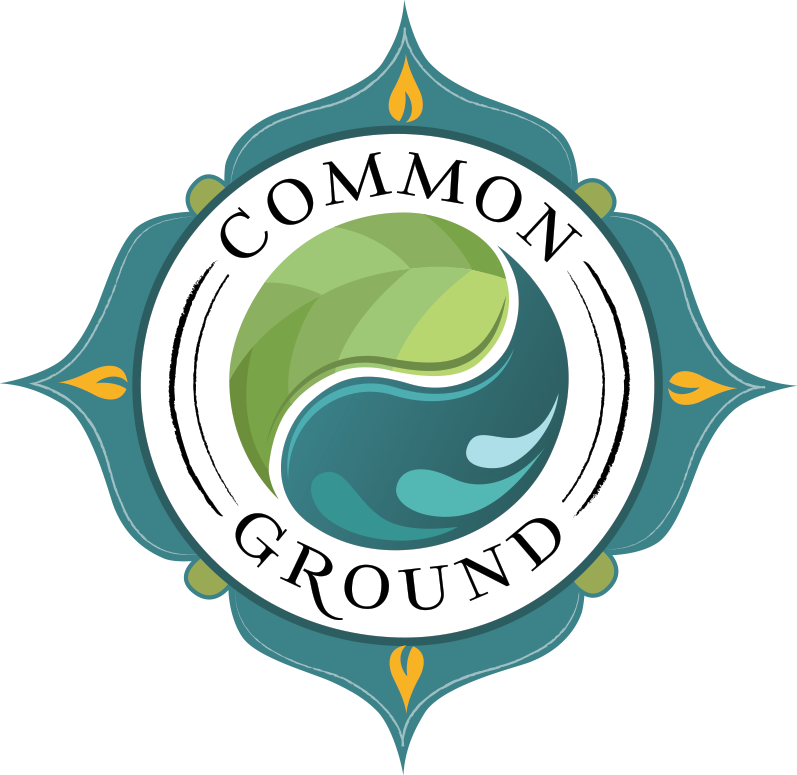Acupuncture Benefits for Depression
Depression affects over 300 million people around the world, and 16.2 million Americans experienced a severe episode in the past year. That’s 6.7% of the adult population. 50% of all people diagnosed with depression are also diagnosed with an anxiety disorder. 15% of the adult population will experience depression at some point in their life, and only 50% of all of these people will seek treatment. Acupuncture benefits for depression could be just what you need.
Perhaps you or someone you love has been diagnosed with depression. Maybe Western medicine isn’t for you, or maybe you’re searching to utilize every companion treatment available. Be it questions or curiosity, hope or determination, whichever has brought you here we’re glad you’ve come and are ready to help. Acupuncture benefits for depression await.
Depression and Your Body
Depression is linked to:
Inflammation
Inflammation in the body affects the immune and neuroendocrine systems which regulate mood, activity levels, and energy. Poor diet, lack of exercise, chronic stress, and toxins may all contribute to inflammation.Vitamin and Nutrient Deficiency
There is a documented correlation between micronutrient deficiencies and depression. Zinc, Magnesium, Selenium, Vitamin D, Omega-3, and B12 have all proven beneficial to those with depression.Hormonal Imbalance
Hormonal imbalances may disrupt mood stability. Irregular levels of estrogen and/or progesterone, as well as chronically high or low cortisol levels from adrenal fatigue, all have emotional impacts. Meanwhile, thyroid issues contribute to anxiety, moodiness, and depression.Gut Health
Gut health has a tremendous impact on mental health. The system of communication between the gut and brain is referred to as the “gut-brain axis.” An unhealthy balance of bacteria in the gut may contribute to inflammation in the body.Sugar
Diet greatly affects your health which includes your mood. Heavily processed foods high in fat and sugar are often the culprits. Sugar also contributes to inflammation.
The Five Spirits in Traditional Chinese Medicine (TCM)
In Traditional Chinese Medicine (TCM) assessing spiritual disharmonies is the approach to mental health disorders. In TCM it has been found that psychiatric disorders correspond to disharmony with the Five Spirits. The Five Spirits are associated with different organs in the body and the emotional responses that are tied to them.
1. Hun: the non-mortal spirit (leaves when the body dies), is associated with the liver energy.
Emotionally it is tied to:
Benevolence
Awareness of suffering
Empathy
Compassion
Tolerance
A reservoir of ideas that bring meaning to life.
When Hun is in disharmony emotional experiences may include:
Anger
Frustration
Resentment
Unkindness
Feeling cut off from the meaning of life.
2. Po: the mortal spirit (dies with the body) is associated with lung energy.
Emotionally it is tied to:
Sensation and emotional and physical responses to circumstance
It promotes justice and fairness
When Po is in disharmony emotional experiences may include:
Grief
Sadness
Overreaction
Unjust/immoral behavior
3. Zhi: the will, resides in the kidneys.
Emotionally it is tied to:
The Yang (active) Zhi leads to motivation for self-determination.
The Yin (passive) Zhi leads down a path to an unknowable fate.
When Zhi is in disharmony emotional experiences may include:
Illogical fear
Reckless behavior
4. Yi: intellect, encourages creativity and proper course of action. It is associated with the spleen energy.
When Yi is in disharmony emotional experiences may include:
Worry
Overthinking
5. Shen: the mind and the connecting spirit, help establish meaningful relationships and are associated with the heart energy.
When Shen is in disharmony emotional experiences may include:
Edginess
Shyness
Social Awkwardness
Agitation
Delusions
TCM approaches treating the organ that corresponds to the emotion and it does so with great success.
Acupuncture Benefits for Depression
A study at the University of Arizona reviewed feedback from 34 women with depression treated with:
General acupuncture
Targeted acupuncture
No treatment
They found that:
43% of the women who received acupuncture targeted for depression experienced relief.
22% of the women who received general acupuncture experienced some relief.
14% of the women who received no treatment experienced some relief.
After an 8-week period of specific acupuncture treatment, over half of the women who received it were no longer depressed.
The statistical correspondence is that acupuncture is equally as effective as anti-depressants.
Louisville Acupuncture for Depression
Eating well and regular exercise are the foundation of good mental health. When paired with a Traditional Chinese Medicine Five Spirit approach, Louisville Acupuncture can help benefit those coping with depression.




